Home>Gardening & Outdoor>Pool & Spa Care>How To Fix Waterlogged Hot Tub Cover
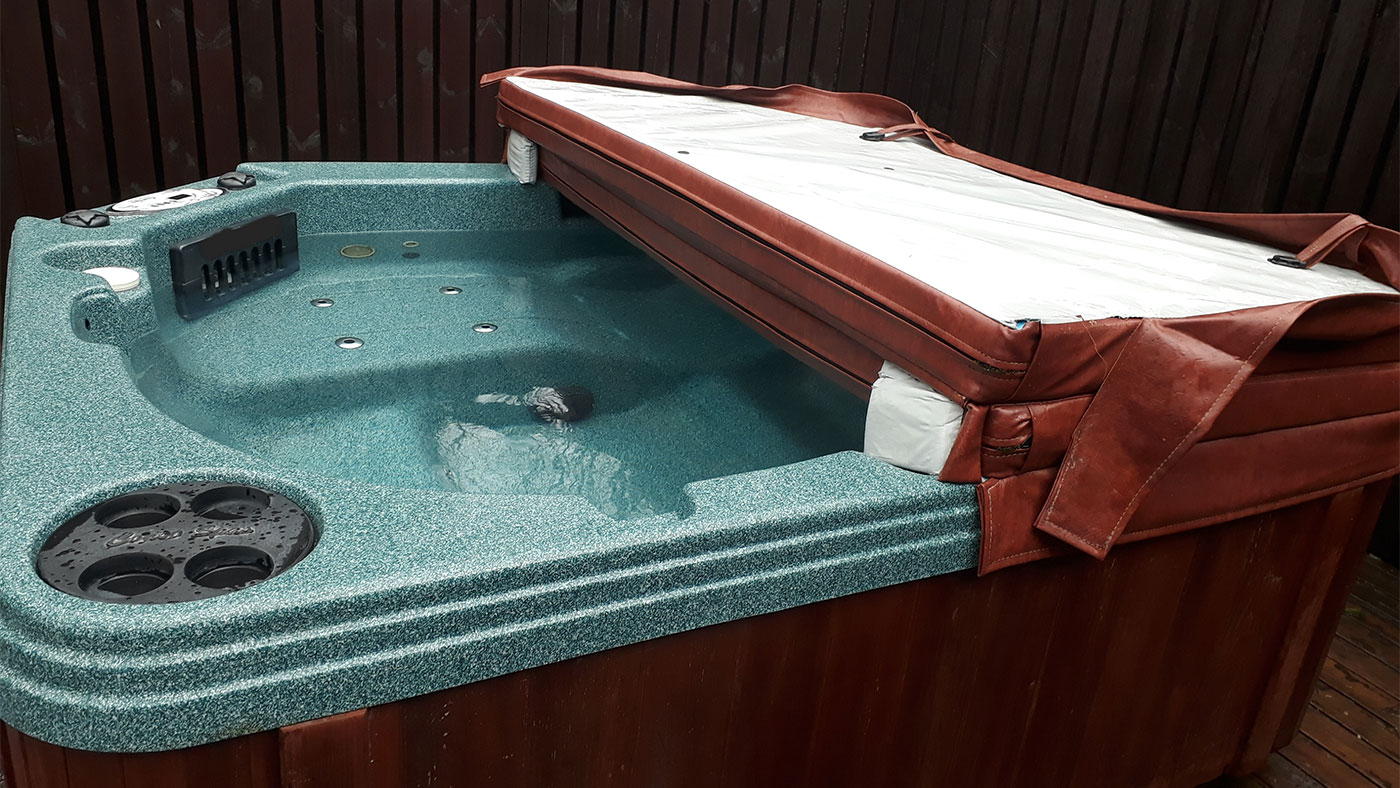

Pool & Spa Care
How To Fix Waterlogged Hot Tub Cover
Modified: August 23, 2024
Learn how to fix a waterlogged hot tub cover with our expert pool and spa care tips. Keep your cover in top condition with our easy solutions.
(Many of the links in this article redirect to a specific reviewed product. Your purchase of these products through affiliate links helps to generate commission for Storables.com, at no extra cost. Learn more)
Introduction
Welcome to the world of relaxation and hydrotherapy! Hot tubs provide a luxurious escape from the stresses of everyday life, offering a soothing soak that rejuvenates both body and mind. However, to fully enjoy the benefits of your hot tub, it’s essential to ensure that every component is properly maintained, including the cover. A waterlogged hot tub cover not only diminishes the aesthetic appeal of your spa oasis but can also lead to more serious issues such as mold and structural damage. In this guide, we’ll delve into the common problem of a waterlogged hot tub cover and explore the steps to effectively address and prevent it. By understanding the causes and solutions for this issue, you can prolong the lifespan of your hot tub cover and continue to bask in its comforting embrace for years to come.
Key Takeaways:
- Don’t let a waterlogged hot tub cover dampen your relaxation! Regularly inspect, remove water carefully, and thoroughly dry the cover to prevent mold and preserve its functionality.
- Keep your hot tub cover in top shape! Prevent waterlogging by maintaining and repairing the cover, promptly removing water, and storing it properly when not in use.
Read more: How To Repair A Hot Tub Cover
Identifying the Problem
Spotting a waterlogged hot tub cover is relatively easy, as it typically exhibits visible signs of saturation. The cover may appear heavier than usual, sag in the middle, or even have standing water on its surface. These symptoms indicate that the cover’s protective barrier has been compromised, allowing water to seep in and accumulate. It’s crucial to address this issue promptly, as a waterlogged cover not only detracts from the aesthetics of your hot tub area but also hinders the cover’s ability to insulate and protect the water within the tub.
There are several factors that can contribute to a waterlogged hot tub cover. One common cause is wear and tear over time, which can lead to small tears, cracks, or weakened seams that allow water to infiltrate. Additionally, heavy rainfall, snow, or splashing water from the hot tub itself can contribute to the cover’s waterlogging. Understanding the root cause of the problem is essential for implementing effective solutions and preventing future occurrences.
Removing the Water
Once you’ve identified that your hot tub cover is waterlogged, it’s time to take action to remedy the situation. The first step is to carefully remove the cover from the hot tub. Depending on the extent of the waterlogging, this may require some extra care and attention to avoid further damage to the cover or spillage of the accumulated water into the hot tub.
With the cover removed, you can begin the process of draining the water. If the cover is equipped with a drain or designated drainage areas, utilize these to release the water. In the absence of built-in drainage, gently tip the cover to allow the water to flow out. It’s important to handle the cover with care during this process to prevent any additional tearing or damage.
For covers with excessive water accumulation, it may be necessary to enlist the help of a second person to ensure safe and effective water removal. By working together, you can carefully manipulate the cover to facilitate the drainage process without placing undue strain on the material.
Once the majority of the water has been drained, it’s advisable to allow the cover to air dry before returning it to the hot tub. This will help prevent the growth of mold or mildew and ensure that the cover is in optimal condition for future use.
To fix a waterlogged hot tub cover, remove the cover and allow it to dry completely in the sun. Once dry, apply a waterproofing sealant to prevent future water absorption.
Drying the Cover
After removing the water from the hot tub cover, the next crucial step is to ensure thorough drying. This is essential for preventing the onset of mold, mildew, and unpleasant odors that can arise from prolonged moisture exposure. To effectively dry the cover, start by laying it flat in a well-ventilated area, preferably outdoors on a sunny day. If outdoor drying is not feasible, an indoor space with adequate air circulation can also suffice.
Before proceeding with the drying process, inspect the cover for any tears, punctures, or weakened areas that may require repair. Addressing these issues promptly will help maintain the cover’s integrity and prevent further water infiltration in the future.
Once the cover is laid out, use a clean, dry towel to gently blot and absorb any remaining moisture on the surface. Avoid wringing or applying excessive pressure, as this can damage the cover material. If the cover is equipped with zippers or fasteners, ensure that these are opened to facilitate air circulation and thorough drying.
Allow the cover to bask in the sunlight, if possible, as the natural warmth and airflow will expedite the drying process. Periodically flip the cover over to ensure that both sides receive adequate exposure to the air and sunlight. Depending on the weather conditions and the extent of water saturation, the drying process may take several hours to complete.
Throughout the drying period, monitor the cover closely for any signs of mold or mildew. If you detect any growth, promptly address it with a mild cleaning solution recommended for the cover material. Once the cover is completely dry and free of moisture, it can be returned to the hot tub, ready to resume its vital role in preserving water cleanliness and heat retention.
Prevention Tips
Preventing a waterlogged hot tub cover is key to maintaining its functionality and extending its lifespan. By implementing the following proactive measures, you can minimize the risk of water infiltration and preserve the integrity of your hot tub cover:
- Regular Inspection: Routinely inspect the cover for any signs of wear, tear, or damage. Look for small tears, weakened seams, or areas of deterioration that could compromise the cover’s water resistance. Addressing these issues promptly can prevent waterlogging.
- Proper Maintenance: Keep the cover clean and free of debris, as accumulated dirt and grime can degrade the material and create vulnerabilities for water penetration. Regularly wipe down the cover and remove any debris to maintain its protective properties.
- Weather Protection: During inclement weather, such as heavy rainfall or snowfall, consider using a cover lifter or support system to prevent water from pooling on the cover’s surface. Promptly remove any accumulated water to prevent overloading and potential waterlogging.
- Repair Tears and Weaknesses: If you identify any tears, punctures, or weakened areas, promptly repair them using a suitable patching kit or adhesive recommended for the cover material. Addressing these vulnerabilities will bolster the cover’s resistance to water infiltration.
- Proper Storage: When not in use, store the hot tub cover in a dry, well-ventilated area to prevent prolonged exposure to moisture. Avoid folding or storing the cover while it is damp, as this can promote mold and mildew growth.
By incorporating these preventative strategies into your hot tub maintenance routine, you can safeguard your cover against waterlogging and ensure that it continues to fulfill its essential role in preserving water quality, heat retention, and overall hot tub enjoyment.
Read more: How To Clean A Hot Tub Cover
Conclusion
Addressing a waterlogged hot tub cover is a crucial aspect of hot tub maintenance, as it not only preserves the cover’s functionality and appearance but also safeguards the hot tub itself from potential issues stemming from prolonged exposure to moisture. By promptly identifying and remedying waterlogging, you can extend the lifespan of your hot tub cover and maintain a pristine hot tub environment for relaxation and rejuvenation.
Through careful inspection, effective water removal, thorough drying, and proactive prevention, you can mitigate the risk of waterlogging and ensure that your hot tub cover remains in optimal condition. By implementing these measures, you contribute to the overall longevity and performance of your hot tub, enhancing your enjoyment of this beloved relaxation haven.
Remember, regular maintenance and attentive care are key to preserving the integrity of your hot tub cover and maximizing its protective benefits. By staying proactive and addressing any issues promptly, you can continue to relish the soothing sanctuary of your hot tub for years to come.
With these insights and strategies at your disposal, you are well-equipped to conquer the challenge of a waterlogged hot tub cover and uphold the allure and functionality of your cherished hot tub oasis.
Frequently Asked Questions about How To Fix Waterlogged Hot Tub Cover
Was this page helpful?
At Storables.com, we guarantee accurate and reliable information. Our content, validated by Expert Board Contributors, is crafted following stringent Editorial Policies. We're committed to providing you with well-researched, expert-backed insights for all your informational needs.
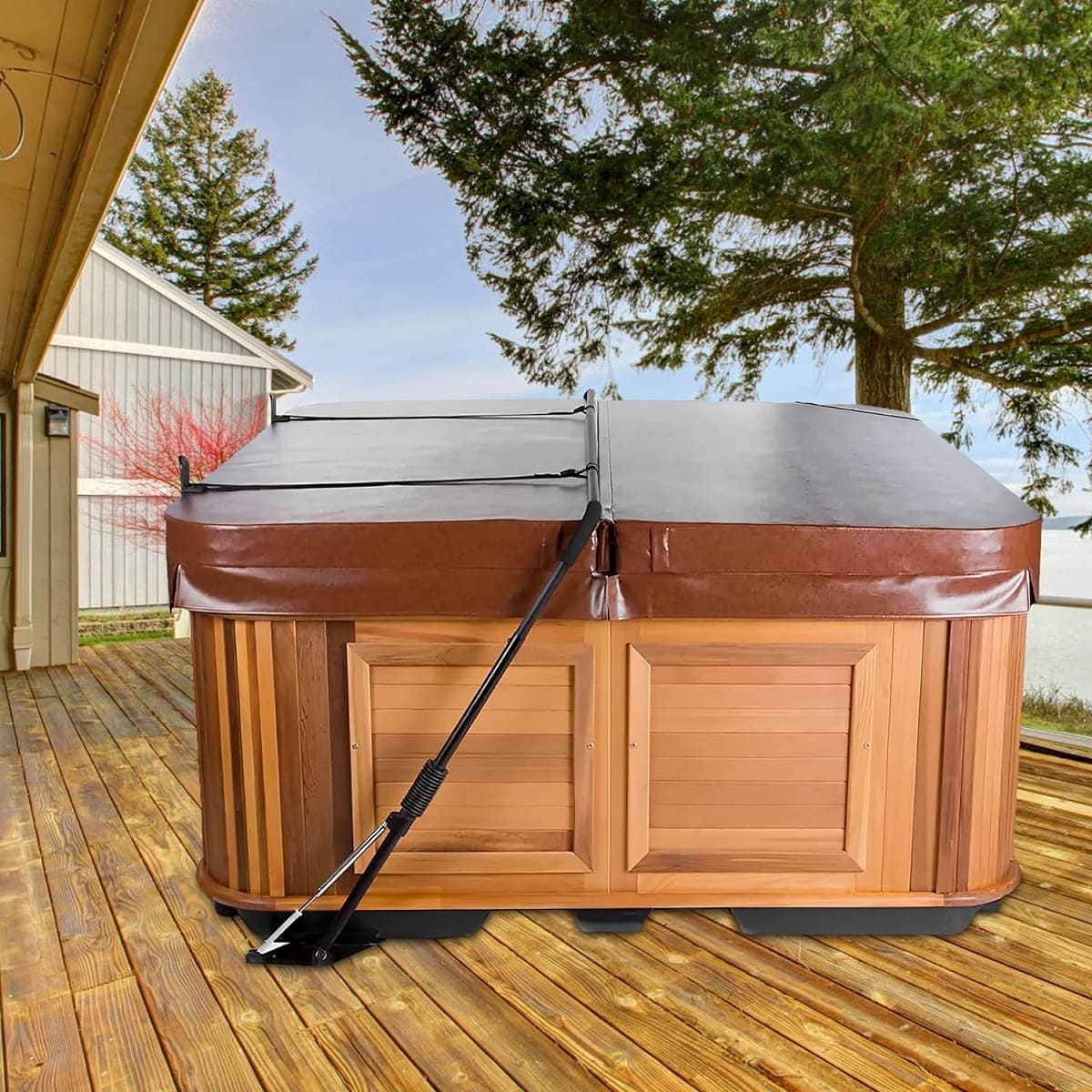
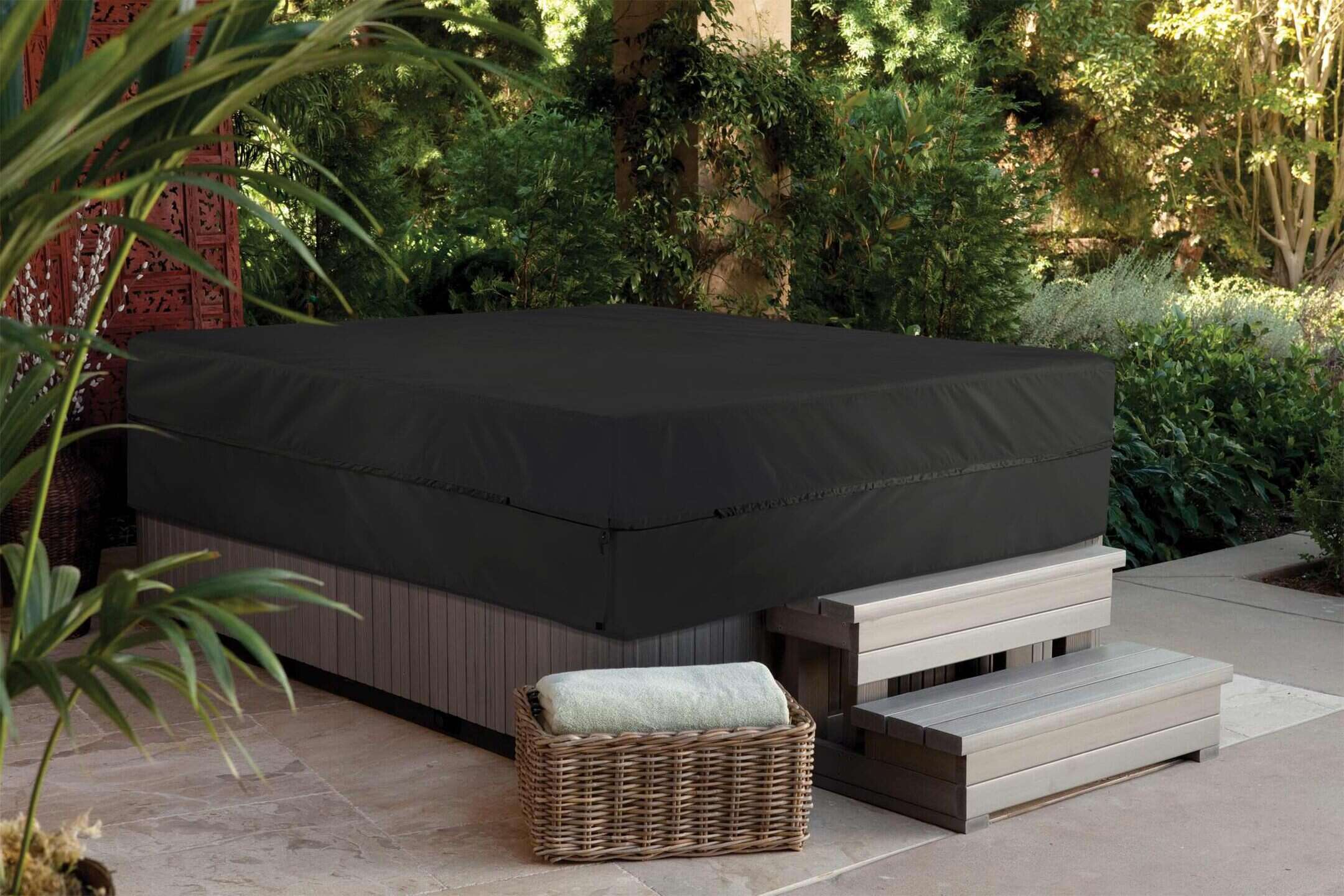
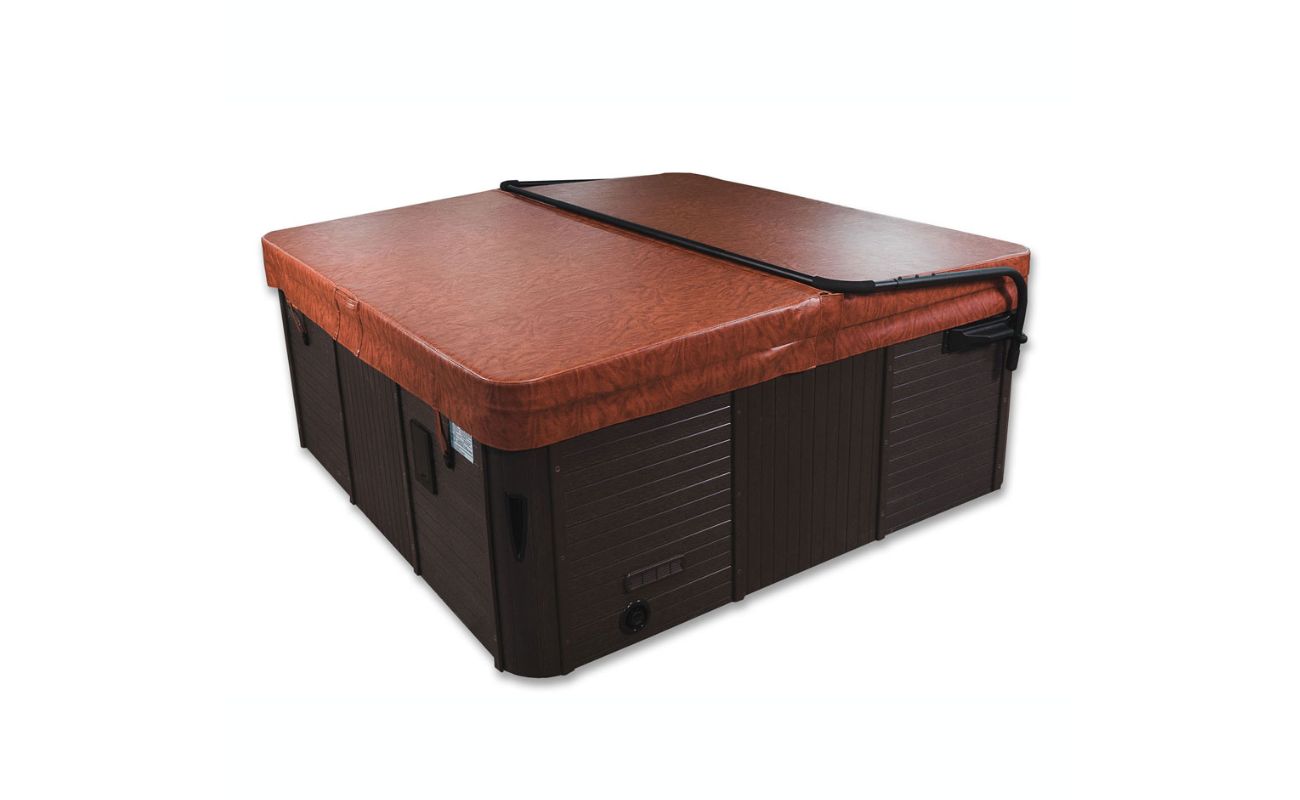
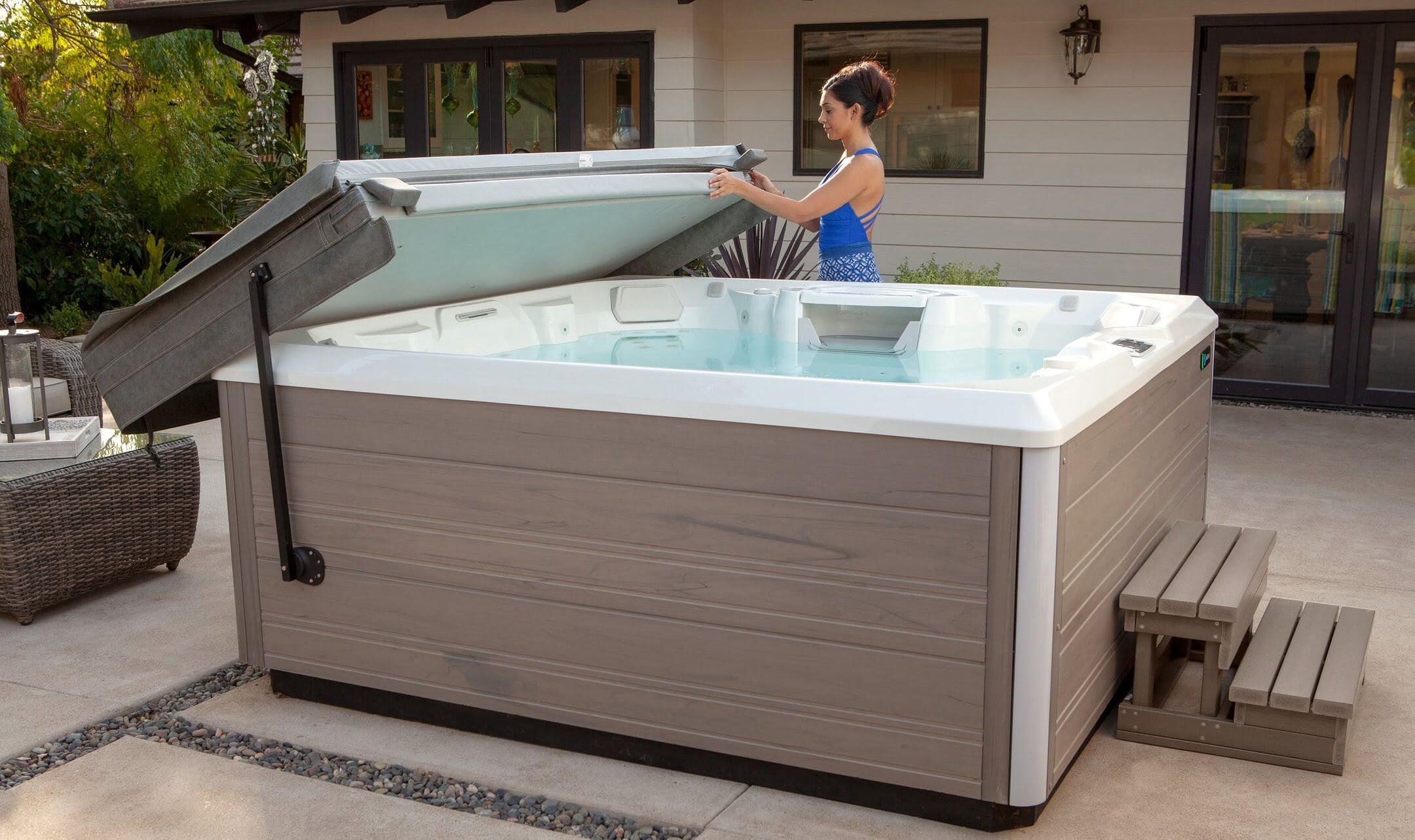
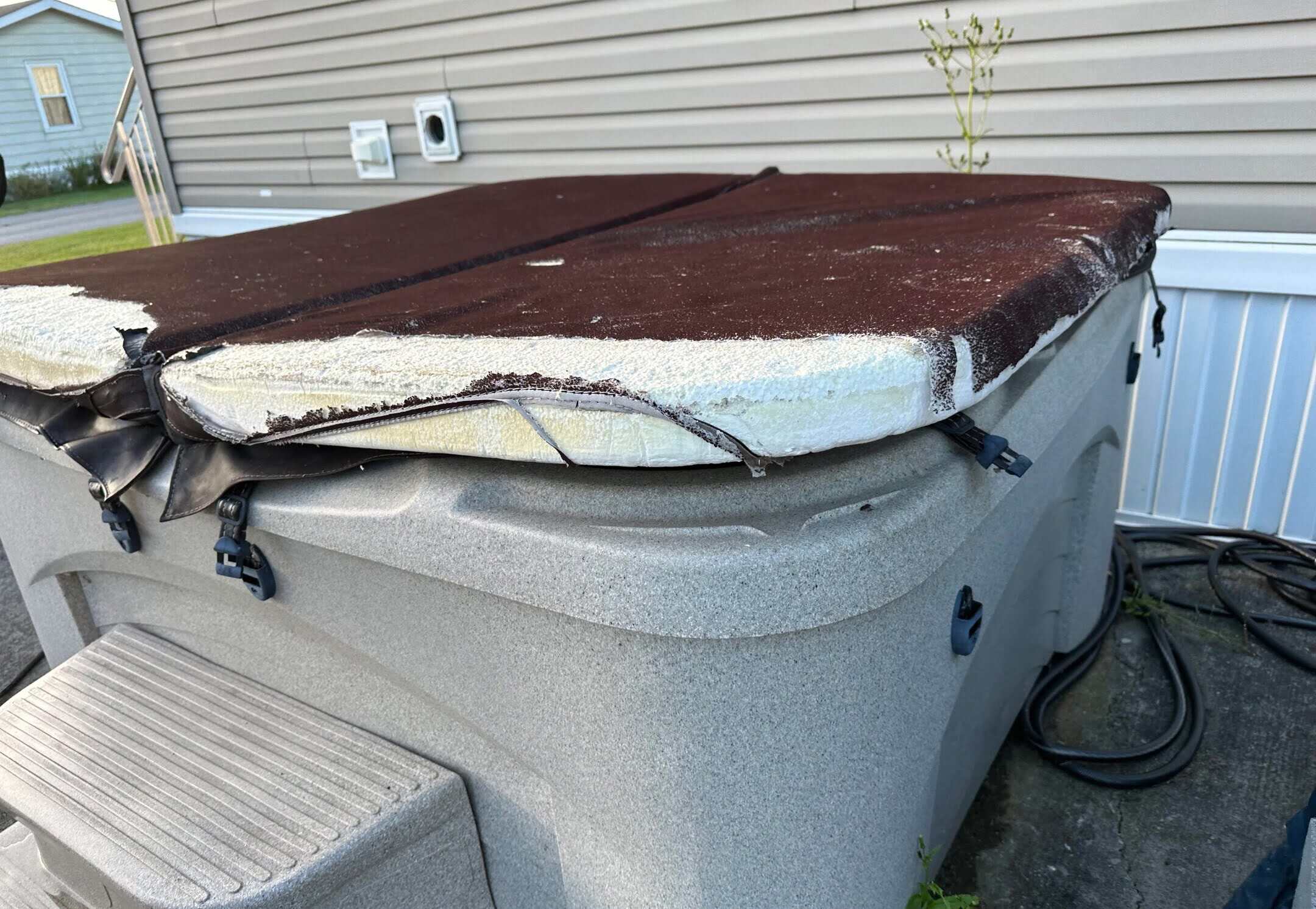
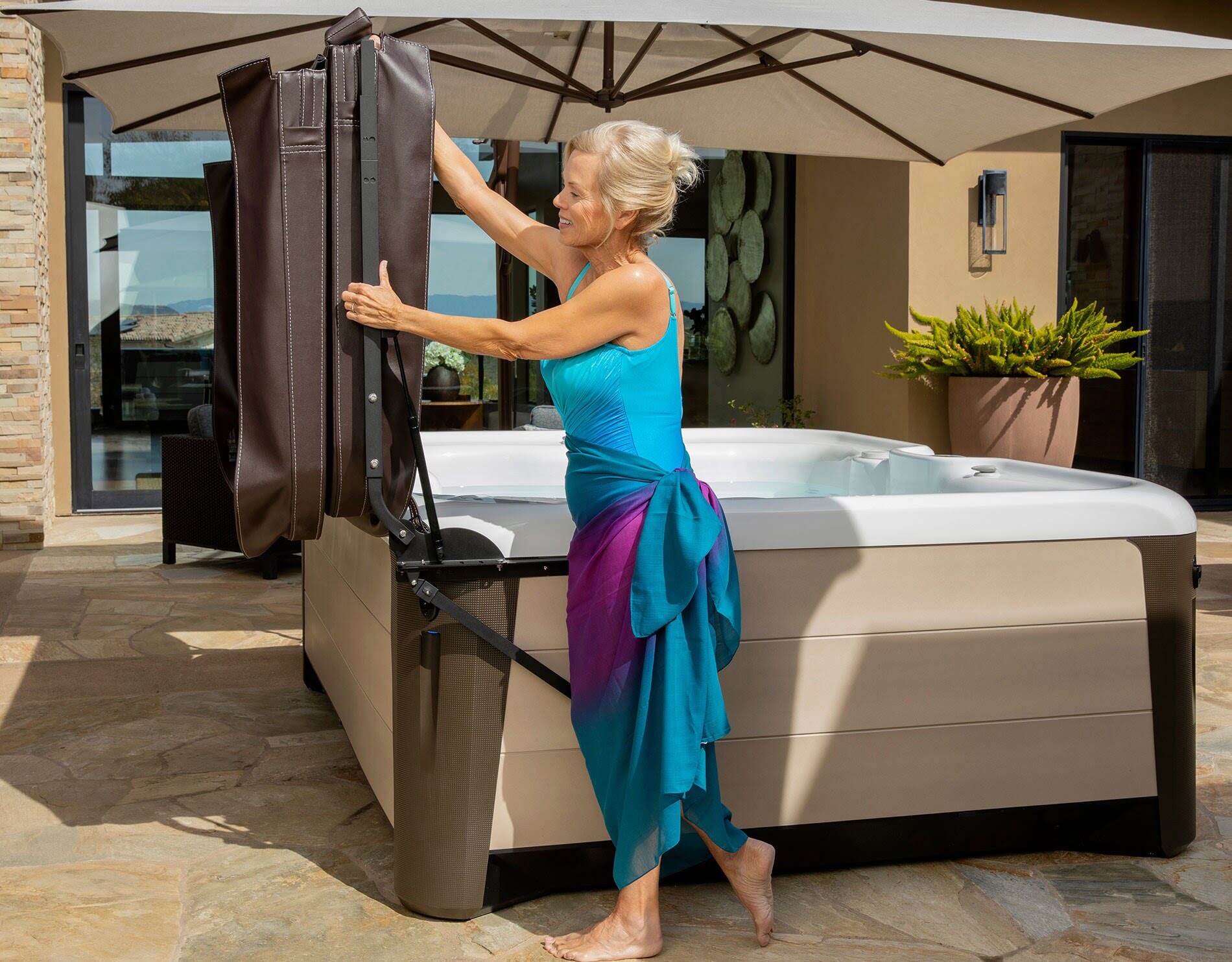
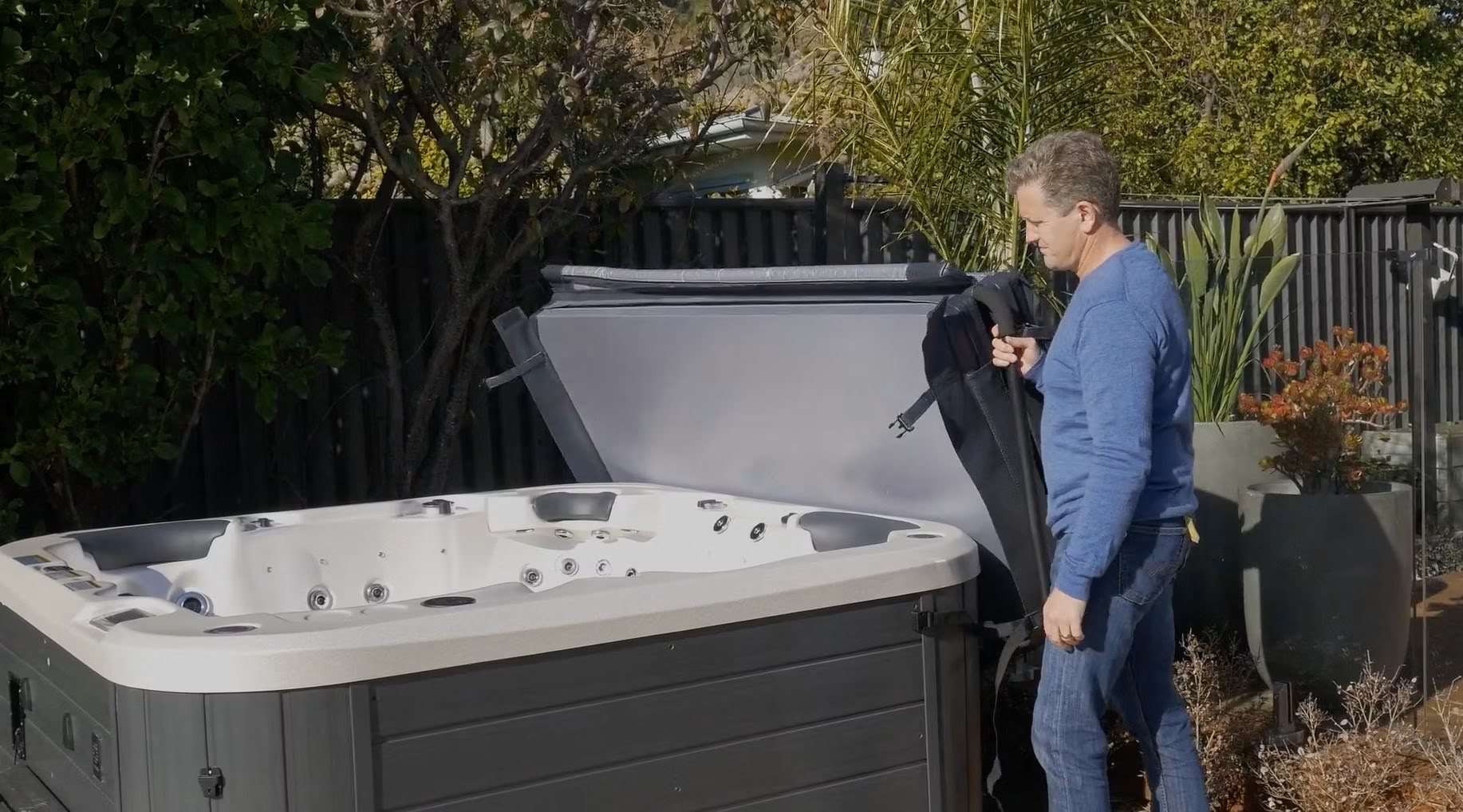
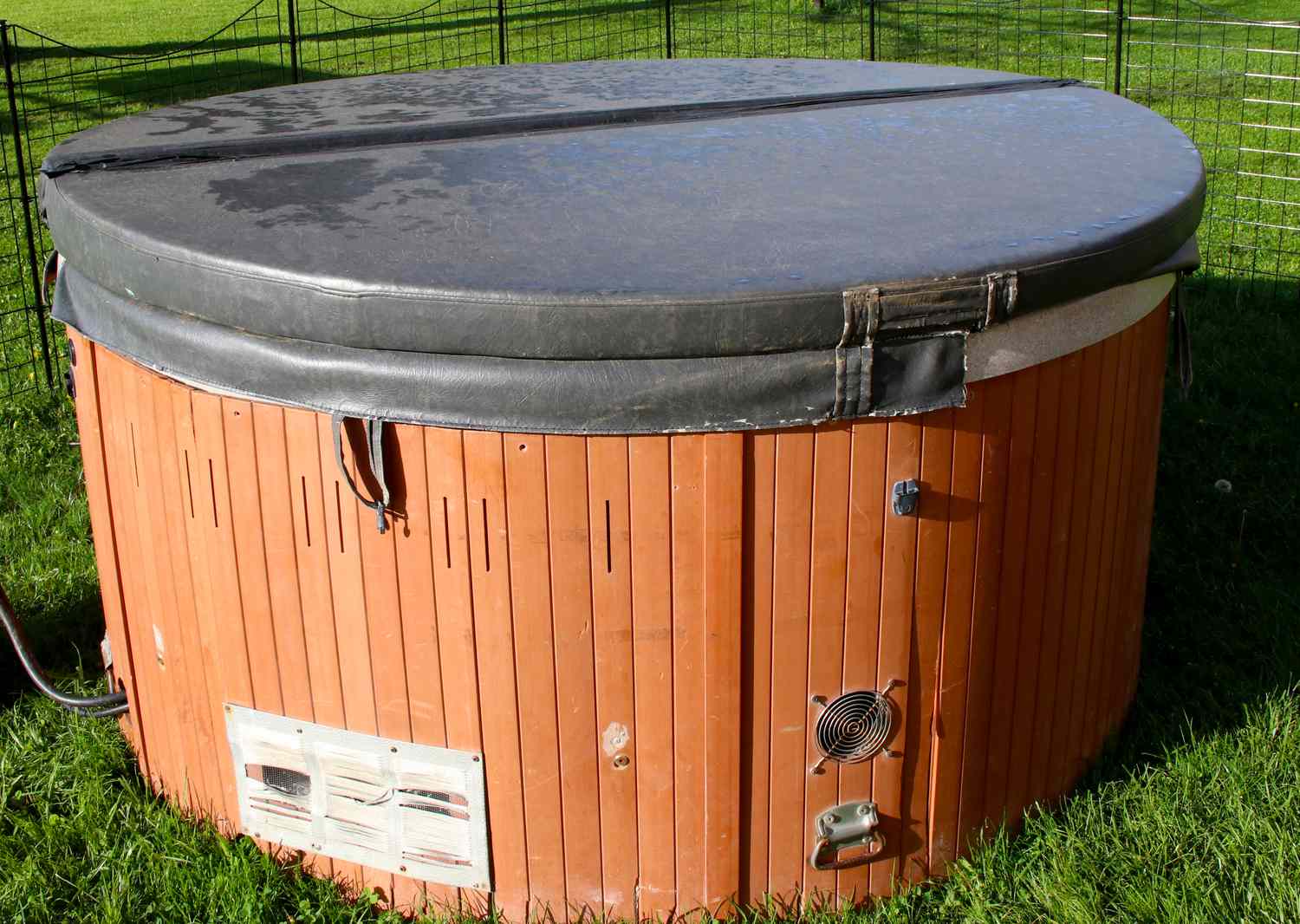
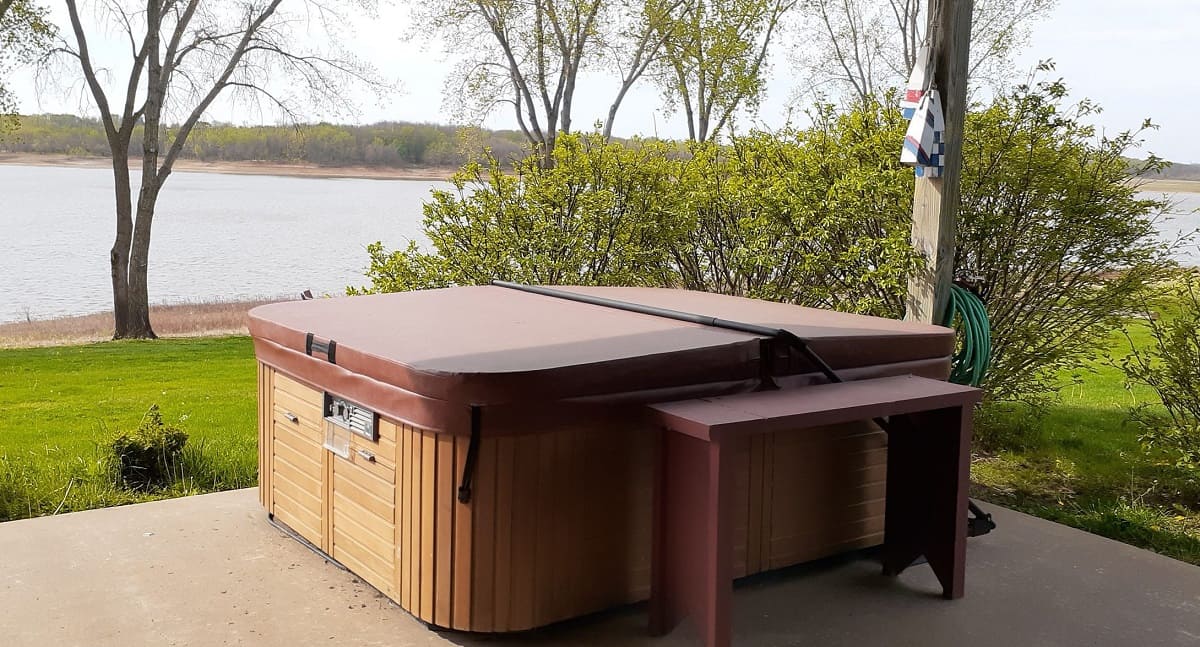
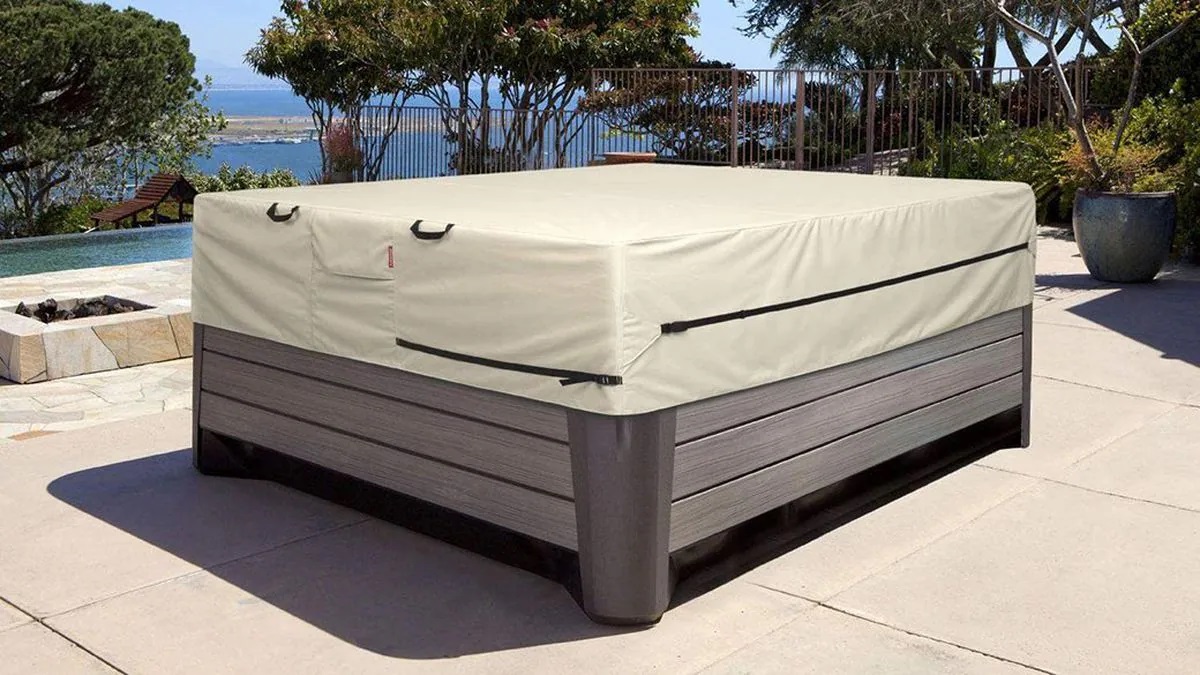
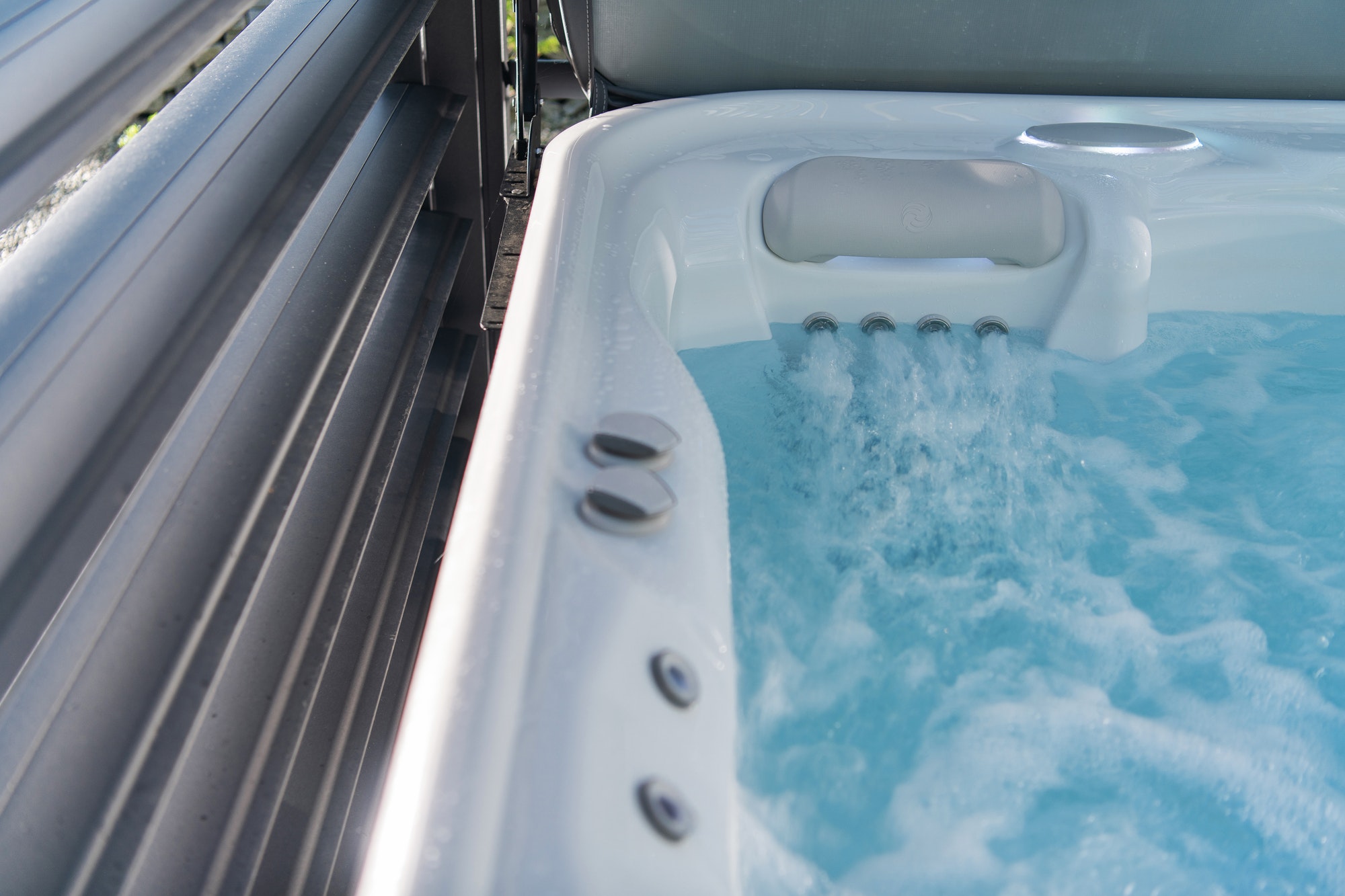
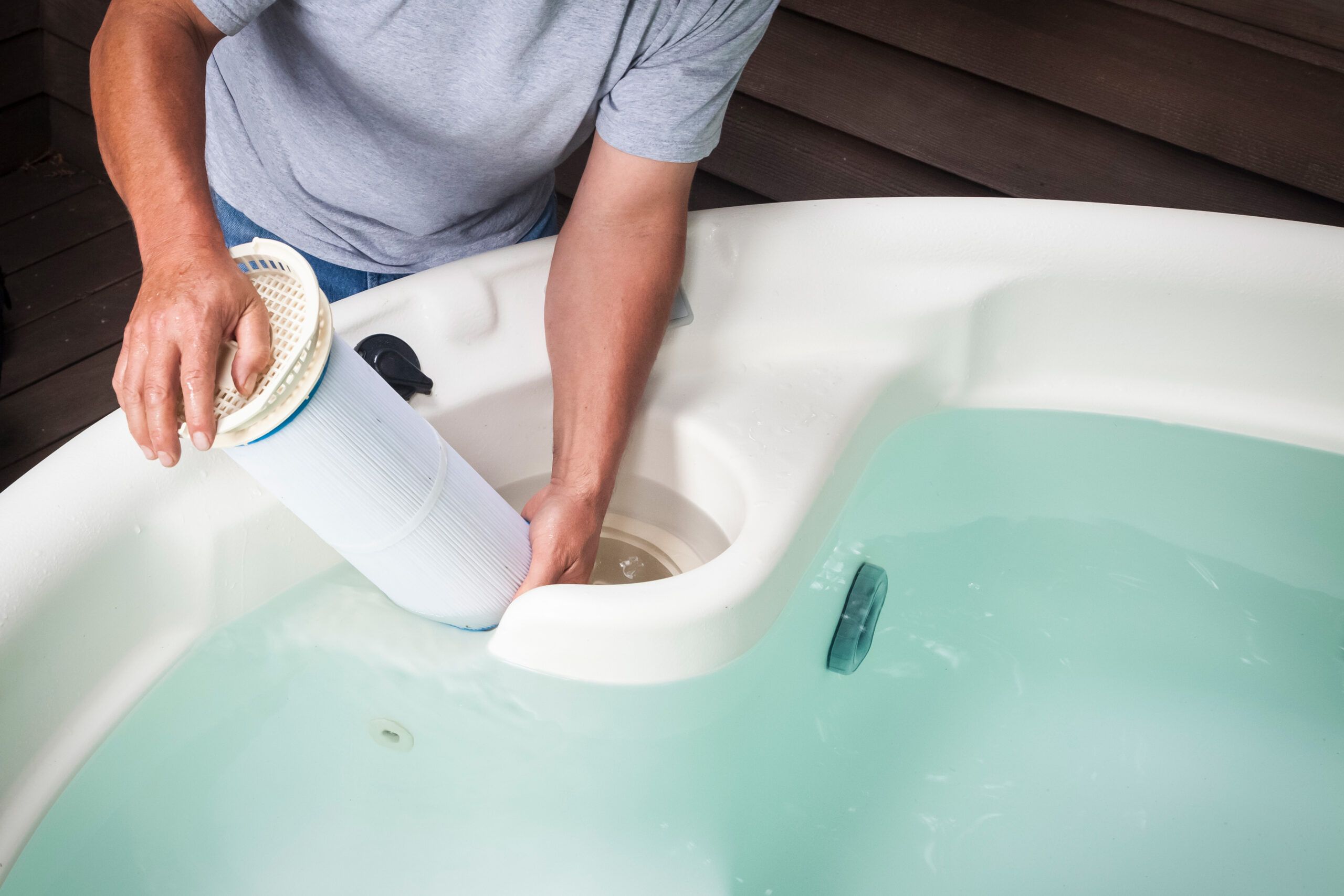
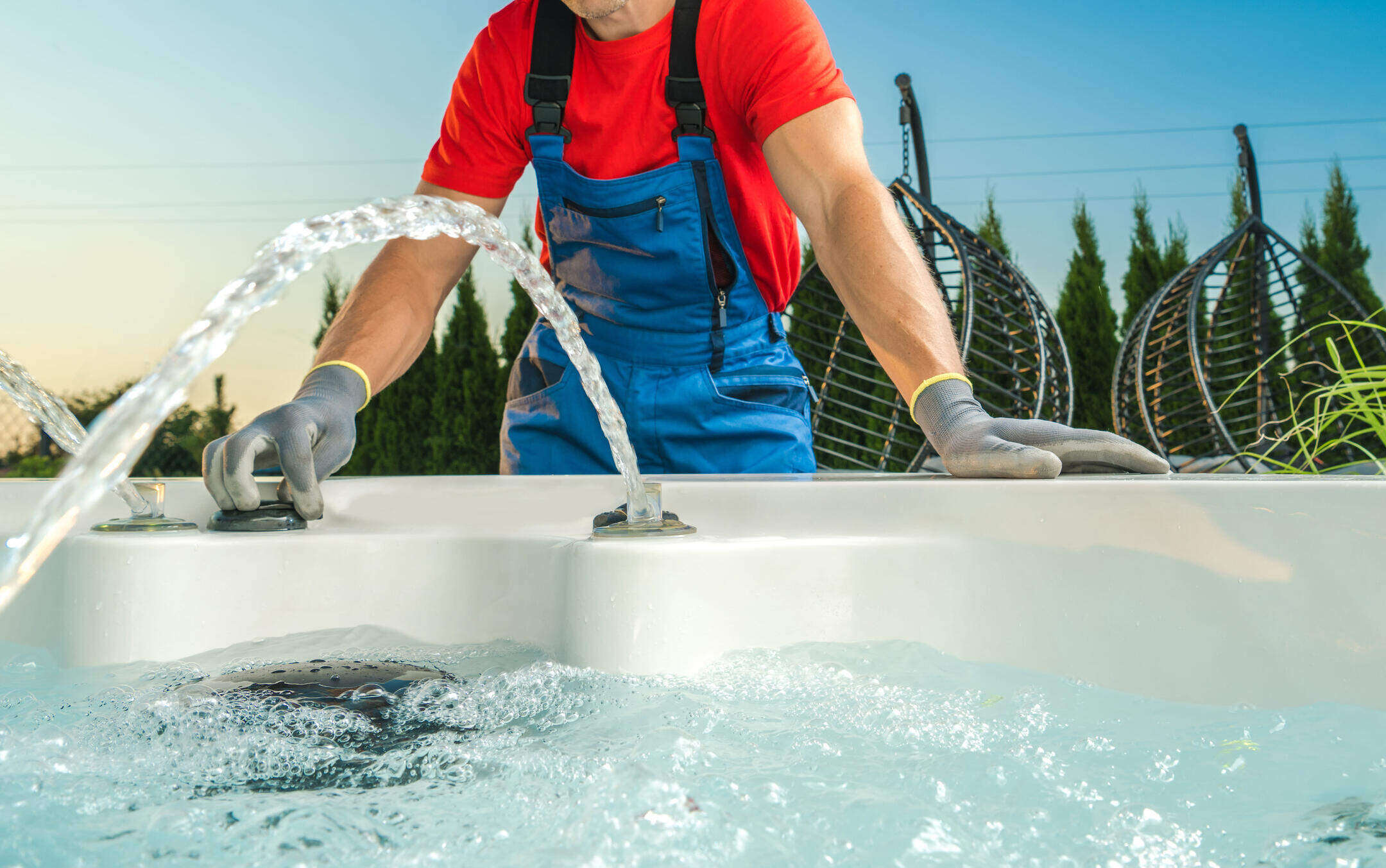
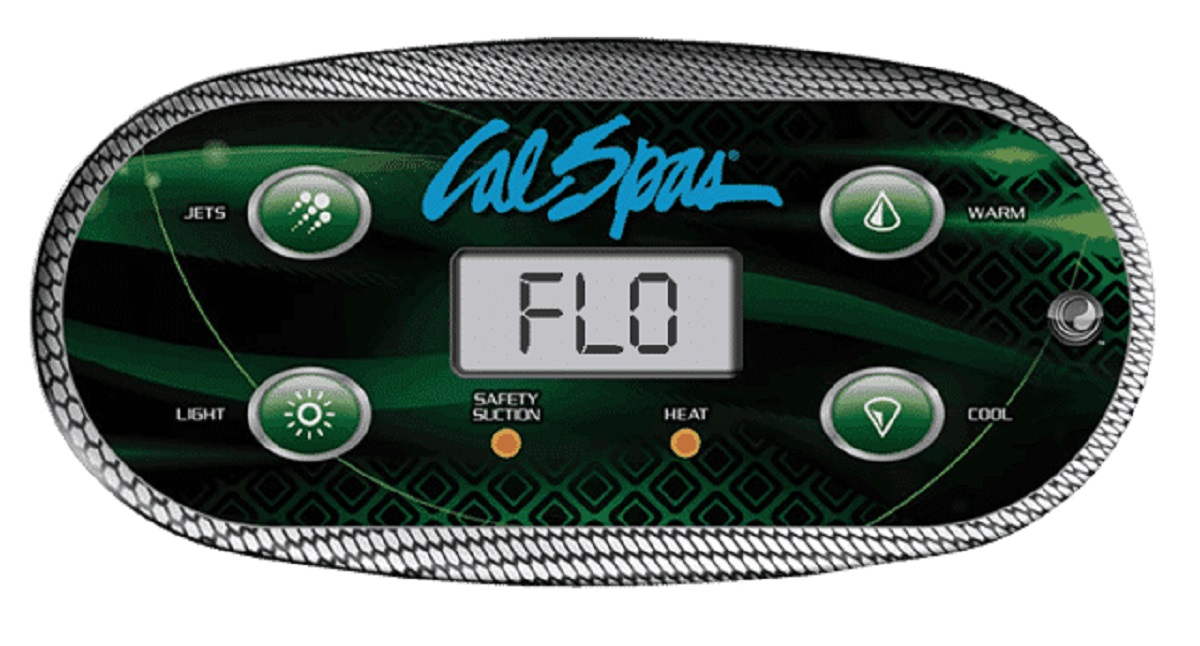

0 thoughts on “How To Fix Waterlogged Hot Tub Cover”